Among the most perilous subjects in the areas of culture, civilization and politics is the relationship between human rights and freedom. Islam declares that freedom is an intrinsic right for human beings, protected by the law, but that this right is inextricably linked to commitment and responsibility. There is a difference between freedom and anarchy. The starting point of human behavior – as understood in Islamic law – is freedom. One may do whatever one pleases, but this must be within certain limits, such that no harm is caused, and values of decency and propriety are upheld. Islam wants good for the person and to protect them from harm. To this end Islam organizes human behavior into three categories: Permissible Forbidden Obligatory Scholars of jurisprudence have confirmed the principle of "the authenticity of the solution" and "the authenticity of the innocence". These principles mean that everything is approached from the perspective of human dignity, and that one cannot be blamed for any act unless there is evidence that it is forbidden, or for any omission unless there is proof that it is obligatory. The Islamic sciences of uṣūl al-fiqh and furūʿ al-fiqh assert that forbiddance is linked with corruption, meaning that forbiddance is not meted out at random but is based upon objective grounds. Therefore, Islam forbids certain actions because these have adverse effects on human life. These adverse effects may undermine the individual as well as society, not least in their relationship with Almighty Allah. It is worth mentioning that some scientific studies confirm the negative effects of what Islam has forbidden. The legalization of such things is therefore not freedom, but rather could be deemed as not conducive to human wellbeing. The Islamic obligations of prayer, fasting, almsgiving, justice, and the enjoining of good and forbidding of evil is for the wellbeing of human beings and the preservation of their humanity. These three categories denote natural human behaviour, both of the individual and of society. What men and women are free to do is contained within the largest category, that of permissibility. Where things cease to be in the permissible category is where they impinge on the freedoms of others, or become incompatible with the ethics of society.
By: Haidar M.K.



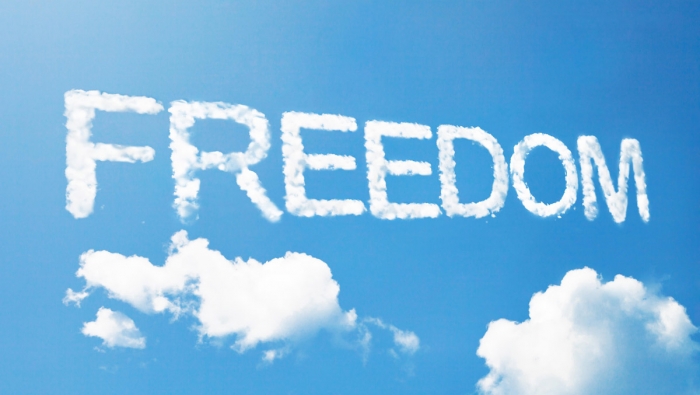
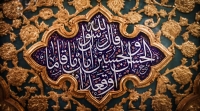

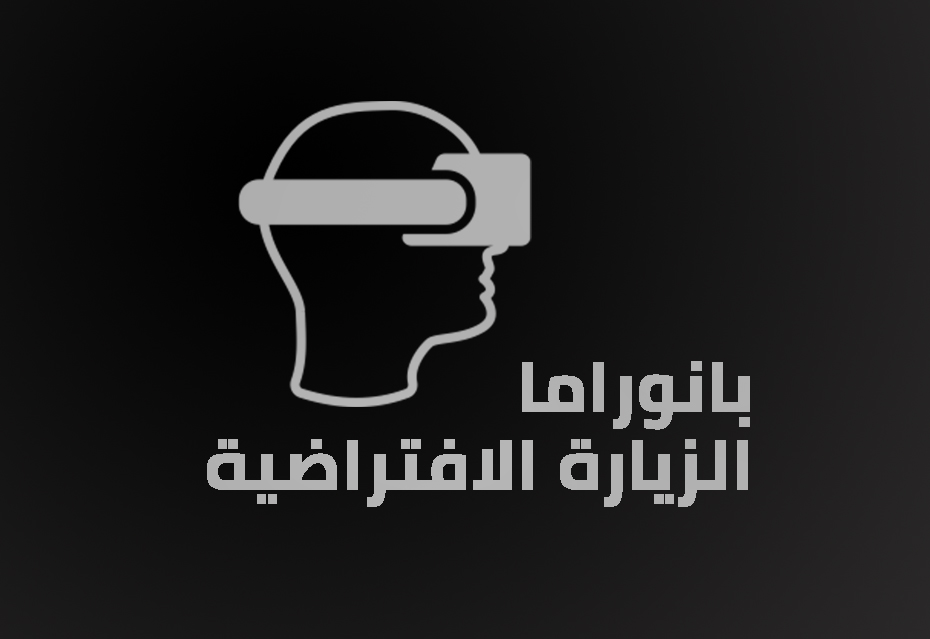

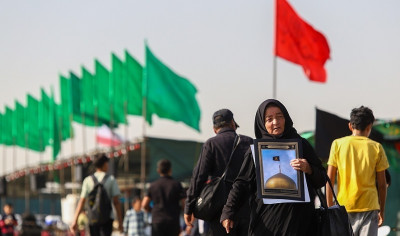

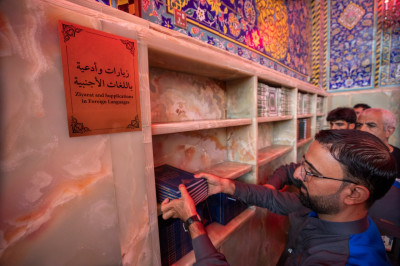
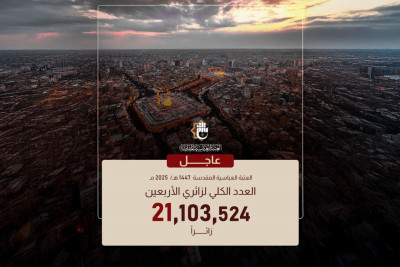
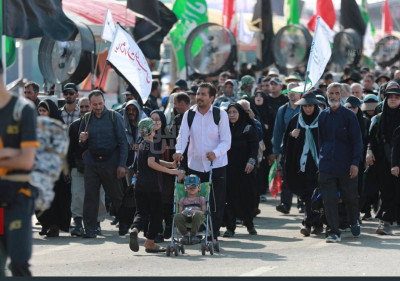
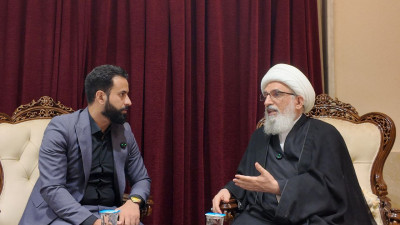


اترك تعليق